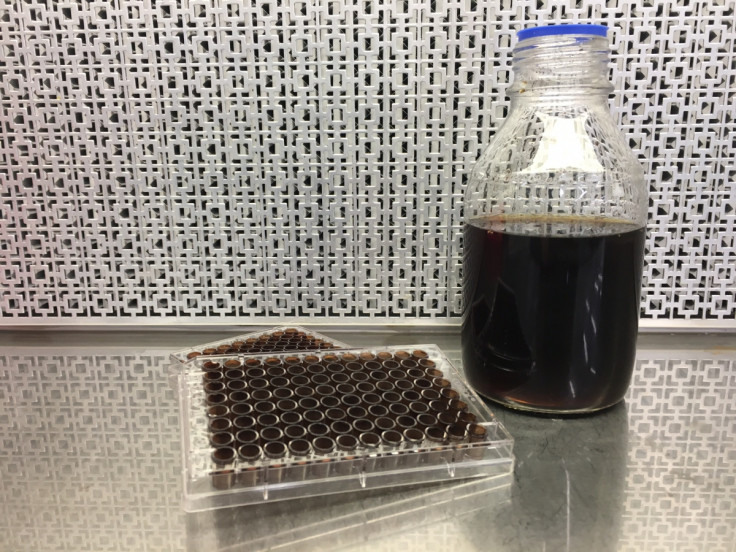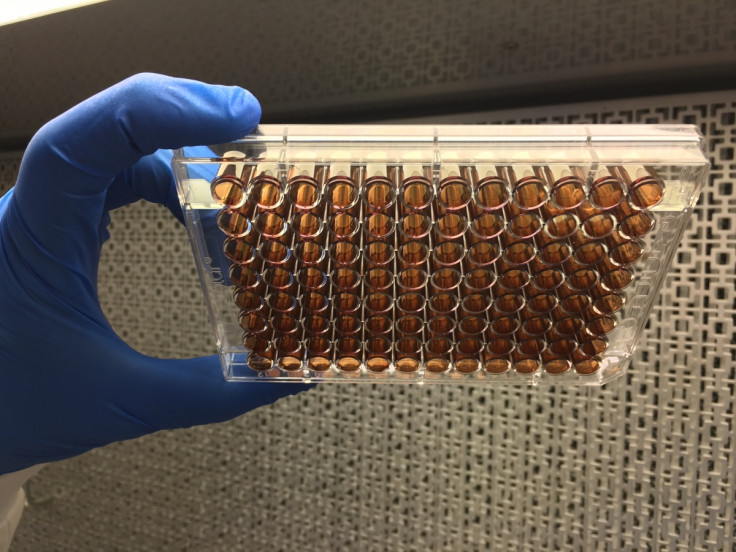Primordial goo from beginning of life on Earth used to prevent implant rejection

Primordial goo thought to have helped all life on Earth evolve has been used to reduce the risk of rejection among implant patients by scientists in Australia. The team, from CSIRO, used prebiotic compounds as a coating for medical implants and found it was "bio-friendly" in that cells happily colonise it.
Lead researcher Richard Evans explained that hundreds of thousands of people receive medical implants every year, such as bone replacements and pacemakers. The problem with these implants, however, is that the body can reject them, resulting in infection.
"The human body is a complex system so there is a lot to consider when implanting artificial parts," he said. "Reducing the likelihood of infection and ensuring the body doesn't reject implants are ongoing medical challenges. That's why coatings on these implants are needed to help them to do their job.
"We wanted to use these prehistoric molecules, which are believed to have been the source of all life evolving on Earth, to see if we could apply the chemistry in a practical way."

Their findings, published in the journal Asia Materials, looked at hydrogen cyanide (HCN)-derived polymers, which have been studied for decades as the possible source of the building blocks for life on Earth. They used the HCN trimer aminomalononitrile (AMN) as a coating for implants. Findings showed it provided "excellent cell attachment", which suggests it has widespread biomedical applications.
Researchers believe this primordial goo could be used to prevent implant rejection by boosting acceptance by the body. "The non-toxic coating is adhesive and will coat almost any material making its potential biomedical applications really broad," Evans said. "This research opens the door to a host of new biomedical possibilities that are still yet to be explored."
© Copyright IBTimes 2025. All rights reserved.






















